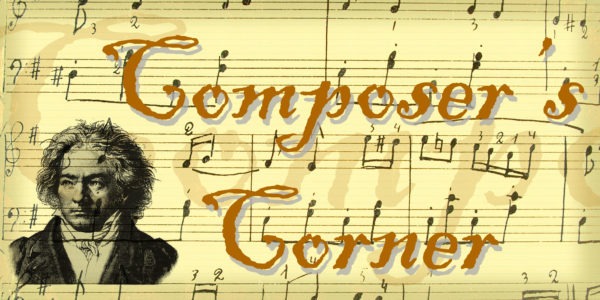Synopsis
Born in Danbury, Connecticut, on October 20, 1874, to a musician father, Charles Ives later started his own insurance business while composing on the side. Though his creative vision was often not initially understood, he later found great acclaim. He won the Pulitzer for his Symphony No. 3, with other noted works including Piano Sonata No. 2 and “The Unanswered Question.” He died on May 19, 1954, in New York City.
Background and Early Career
Charles Edward Ives was born in Danbury, Connecticut, on October 20, 1874. His father George was a famed bandmaster of the town known for his sometimes radical performance ideas. The young Ives, having learned piano and organ, composed original material as a teen and played for his nearby church.
Ives went on to attend Yale University where he studied under Horatio Parker, who made it clear that he expected his pupil to follow traditional classical music forms. Near the start of his schooling Ives was emotionally crushed by the death of his father from a stroke, yet he managed to graduate and went on to live in New York City, working as an insurance clerk and doing composition on the side.
Ultimately becoming a wealthy business owner, he started his own insurance firm Ives & Co. in 1907, which would later morph, with partner Julian Myrick, into Ives & Myrick. In June of the following year Ives wed book lover and transcendentalist Harmony Twichell, who further inspired his creativity. The two adopted a child in the following decade.
Develops Body of Work
Ives crafted musical works into the 1910s and was particularly prolific during this era, as seen with compositions like the “Robert Browning Overture” and “Holidays Symphony” and shorter, eerily evocative pieces like “The Unanswered Question” and “Central Park in the Dark.” His 114 Songs, published in 1922, traversed a range of musical genres; Ives sent out the collection, along with 1921′s Concord Sonata, for no charge. He’d also hired musicians to rehearse his works while generally remaining outside of the classical/art music world.
In 1918, having pushed himself far too hard, Ives had a severe heart attack that curtailed his activities. He eventually found that he had lost the spirit to compose anew and by 1930 had retired from his business. He then attended to overseeing the further distribution and editing of his earlier music, nurturing creative relationships as well. And he continued to etch out the composition known as the Universe Symphony, which had a primordial scope and explored vast, grand connections to something greater.
Wins Pulitzer
Ives’s work, while at times relying on European Romanticism, incorporated a variety of musical forms into final pieces that were beautiful yet also dissonant and unsettling with what could be interpreted as open-minded, layered takes on particular ideas. He utilized quotations from well-known songs and allowed musicians to play freestyle in certain sections of his compositions, and as such his work was often greeted with puzzlement and/or rejected.
Nonetheless, his style was a precursor to the avant-garde productions that were to become more popular later in the century, and he found ardent supporters among composers like Gustav Mahler, Nicolas Slominsky and Bernard Herrmann. Ives was particularly well-regarded during his later years and won the 1948 Pulitzer Prize for his Symphony No. 3, which had its premiere with the Boston Symphony Orchestra.
Ives died on May 19, 1954, in New York City.











